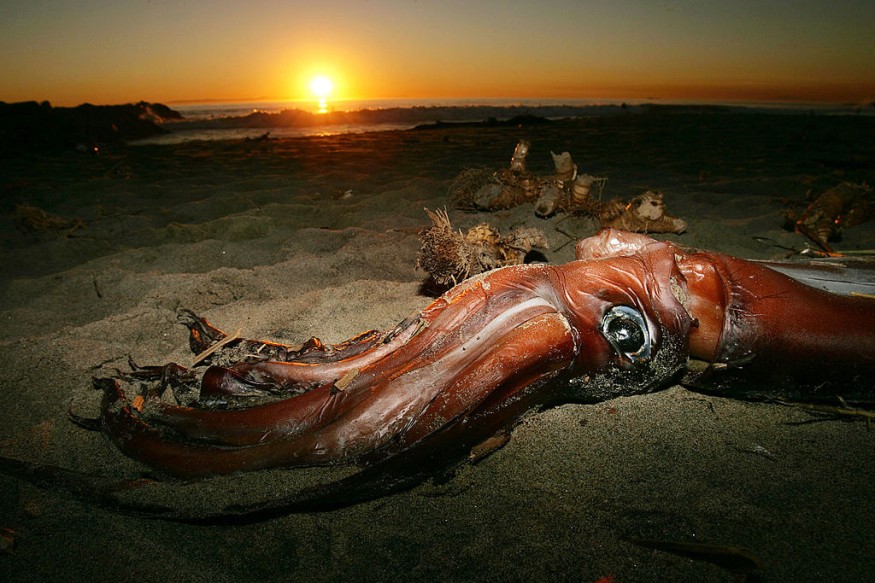Mythical creatures have been a fascination of folklore and supernatural stories for thousands of years.
With variances in appearances and names, mythical animals or mythical beasts have been used as both a symbol of the culture and religion of a society-where some have their own unique interpretation.
Mythological creatures did not just emerge out of nowhere, instead, their conceptualization and designation were based on sightings throughout history.
However, some of these sightings have misidentified real yet bizarre animals as a supernatural creature or something else.
Mythical Creatures List

As per the Ranker website, the following are some bizarre animals misidentified as mythical creatures:
Kraken
The colossal size and tentacles of this sea monster depicted in pop culture and folklore have reportedly terrified seafarers in the past.
Unverified accounts suggest that the Kraken can sink a whole ship into the ocean.
However, the discovery of the giant squid resembles that to the appearance of the Kraken.
Dragon
A woolly rhinoceros skull was thought to be from the fire-breathing and winged mythical dragons.
In 1840, Austrian paleontologist Franz Unger reportedly went to Klagenfurt, Austria, and found that the once thought dragon skull actually belonged to the woolly rhinoceros, as per the Ranker site.
Kappa
The river-based spirits have been the center of folklore in Japan, but they turned out to be the giant salamander that can grow up to five feet in size.
In addition, giant salamanders also live near rivers and other bodies of water.
Sea Serpent
Once thought to be a mythical snake-like creature that dates back to ancient Greece, sea serpents were potentially based on the sightings of the oarfish, considered to be the longest bony fish (Osteichthyes). The oarfish can grow up to 50 feet long.
Unicorn
People from the ancient Roman Empire and the Middle Ages misidentified the tusk of a Narwhal whale belonging to a unicorn's horn.
The description of unicorns is similar to a horse but with a tusk on its forehead.
Griffin
This mythological beast is described in ancient times to have an appearance of a lion and an eagle in the landscape of what is now Europe and Asia.
The discovery of the protoceratops dinosaur fossil was only misidentified to be a griffin.
Cyclops
In Greek mythology, the cyclops is a giant one-eyed humanoid described to possess tremendous strength.
However, Austrian paleontologist Othenio Abel proposed that the source of the cyclops legend was from the remains of an ancient elephant called pygmy mammoth, as per Research Gate.
Culture and Religion
From research about mythology published by the National Research University Higher School of Economics, the study highlights that mythology is embedded in the cultural and religious aspects of society, especially during ancient times.
In relation to mythical creatures, misidentification of real living animals does occur.
Although modern technology and recent studies debunked the existence of mythical creatures, attribution of a living or extinct animal as a mythical beast can still transpire in modern times.
According to an article published in National Geographic in 2011, some scientists believe that approximately 86% of Earth's species on land and water are yet to be discovered.
Over the past decade, there has been progressing discovery of new species of both living and extinct animals.
Related article: Mermaid Hoax Documentary Draws Largest Animal Planet Audience
© 2025 NatureWorldNews.com All rights reserved. Do not reproduce without permission.





